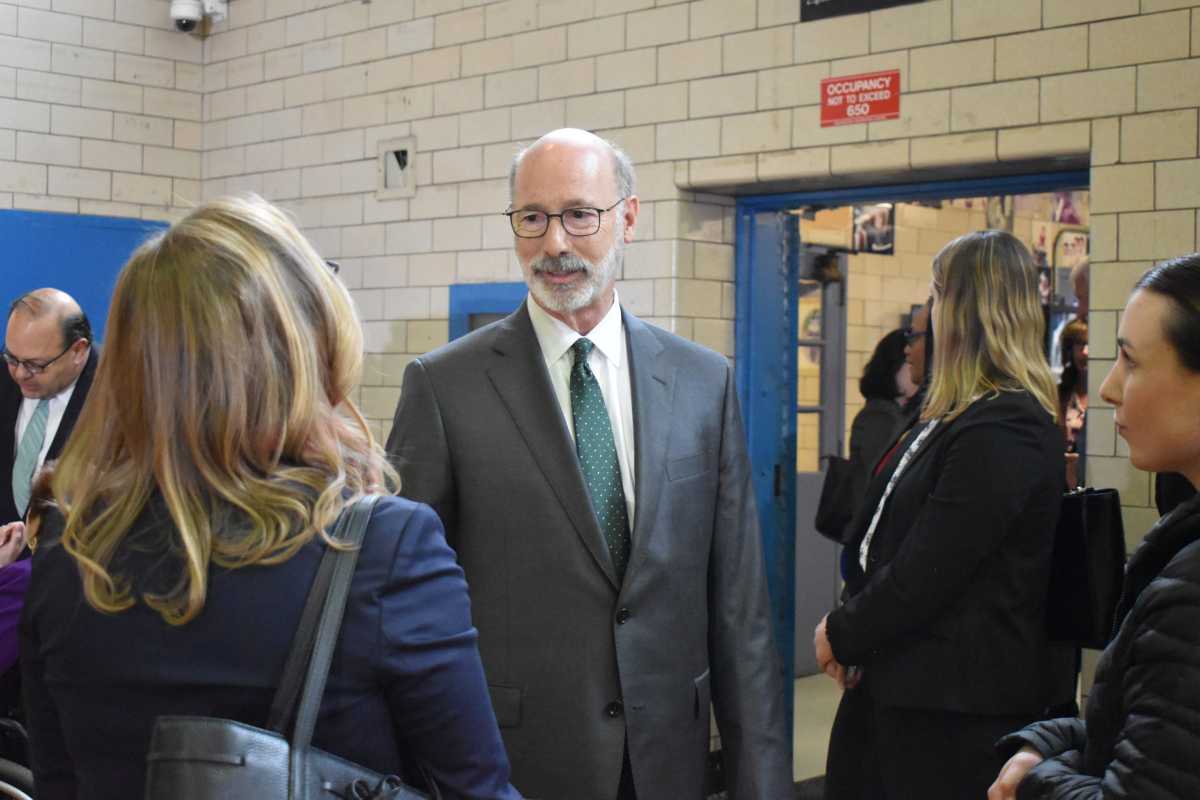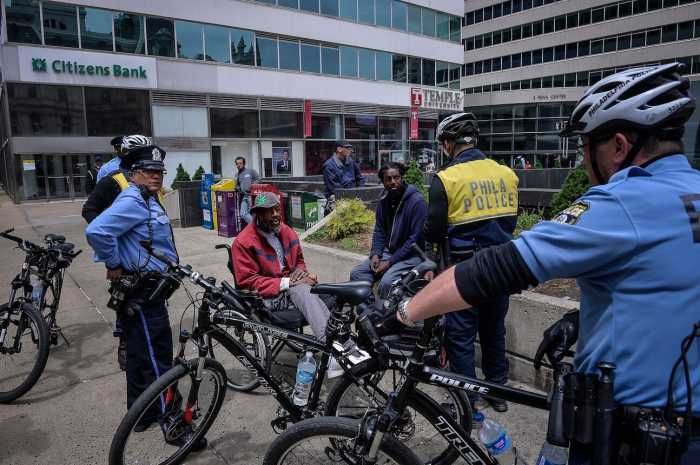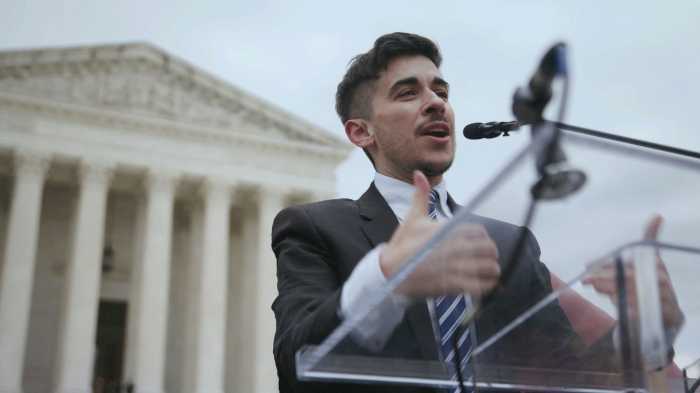People who have been convicted of low-level marijuana offenses in Pennsylvania can now participate in an expedited process for clearing their criminal record, at least for a limited time, state leaders announced Thursday.
Gov. Tom Wolf’s administration will oversee a month-long program granting pardons to those adjudicated guilty of possessing small amounts of the drug. Officials believe thousands will be eligible to benefit from the initiative.
“I have repeatedly called on our Republican-led General Assembly to support the legalization of adult-use marijuana, but they’ve yet to meet this call for action from myself and Pennsylvanians,” Wolf said in a statement Thursday.
“Until they do, I am committed to doing everything in my power to support Pennsylvanians who have been adversely affected by a minor marijuana offense on their record,” he added.
With a pardon, the state forgives a person convicted of the crime, but individuals still need to petition the court where they were sentenced to have their record expunged.
Expungement of misdemeanors and felonies is typically not allowed unless the charges were dropped; the defendant was found not guilty; or the person was enrolled in a diversion program.
“Nobody should be turned down for a job, housing, or volunteering at your child’s school because of some old nonviolent weed charge,” said John Fetterman, who, as lieutenant governor, chairs the Pennsylvania Board of Pardons.
Fetterman, who is running as a Democrat for U.S. Senate, has been a strong advocate for legalizing recreational marijuana, even calling on President Joe Biden earlier this week to declassify the substance as a Schedule I drug before Labor Day.
“As mayor of Braddock, I made it my mission to combat serious crime,” Fetterman said Monday in a campaign statement. “I know firsthand what real crime looks like. Marijuana does not fit the bill.”
Someone who was pardoned generally has several rights restored, including the ability to hold public office, serve on a jury, carry a gun and be employed in industries that require candidates to submit to a background check.
People who have other convictions, whether in Pennsylvania or elsewhere, are not eligible for the state’s Marijuana Pardon Project. They must go through the normal clemency process.
The program’s application window, which opened Thursday, will only last through Sept. 30 because Wolf has to sign off on the pardons before he leaves office in January, officials said.
Wolf’s administration said the Board of Pardons will vet submissions on Oct. 13 and vote on recommendations in mid-December. At that point, applications will be sent to Wolf for final approval.
There is no fee to submit the online-only Marijuana Pardon Program form, and applicants do not need an attorney. In addition, no limits have been placed on the age of the conviction.
When filling out the paperwork, people will need their offense tracking number and docket number, which can be found through the case search function at www.ujsportal.pacourts.us.
For more information or to apply, go to pa.gov/mjpardon.

Metro is one of more than 20 news organizations producing Broke in Philly, a collaborative reporting project on economic mobility. Read more at brokeinphilly.org or follow on Twitter at @BrokeInPhilly.































